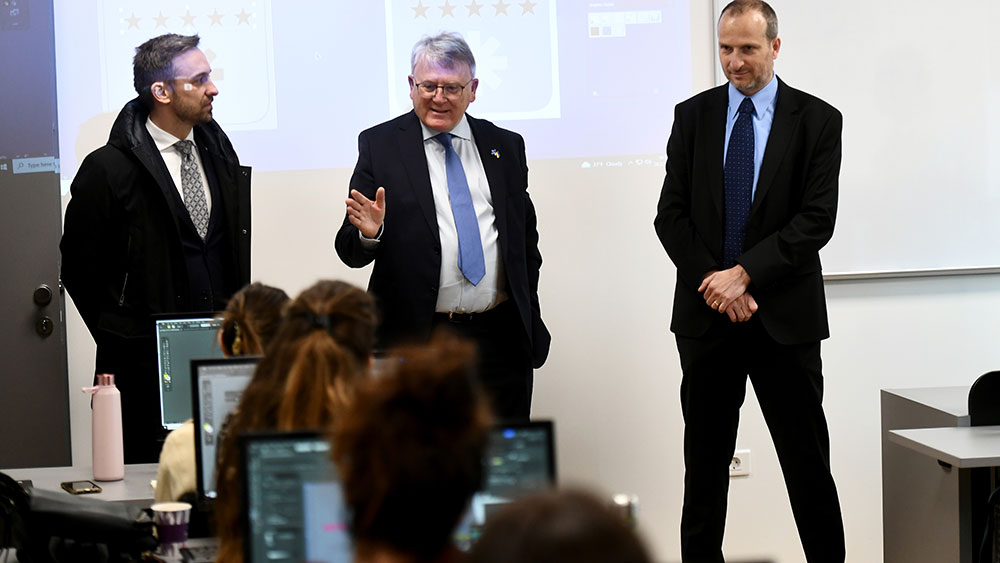
Today, the European Commissioner for Jobs and Social Rights, Nicolas Schmit, was in Croatia for the official launch of the country’s €2.26 billion European Social Fund Plus (ESF+) programme for the 2021-2027 programming period.
Commissioner Schmit opened the new programme together with the Minister of Labour, Pension System, Family and Social Policy Marin Piletić at the conference titled ‘European Social Fund Plus for the Development Decade’.
Focus on employment, skills and social inclusion
The ESF+ investments will prioritise helping people join and stay in the labour market, investing in Croatia’s social market economy and improving people’s skills for the green and digital transitions. The Croatian ESF+ programme has allocated 38% of the overall budget (€858.8 million) to boost active market policies, including traineeships, as well as support measures for employment, self-employment and social entrepreneurship.
Youth employment is also a strategic priority for Croatia. This entails implementing the EU’s Reinforced Youth Guarantee and the Aim, Learn, Master, Achieve (ALMA) initiative, which offers work placement abroad for disadvantaged young people.
€227 million will go towards up and re-skilling workers and promoting lifelong learning. The programme will also enhance the quality of education, notably by expanding whole-day schooling in primary schools, adapting curricula across all levels of education to better match labour market needs and investing in vocational education and training.
Almost one third of Croatia’s ESF+ funds will be spent on social inclusion, focusing on community-based services for children at risk of poverty, persons with disabilities and older people in need of long-term care. Food and basic material assistance will be provided to thousands of people and families in need. School meals will also be distributed to vulnerable children.
Vouchers promoting lifelong learning
While in Zagreb, Commissioner Schmit also visited the Algebra University College campus. Algebra is the largest private educational organisation in Croatia and provides lifelong learning and training opportunities in more than 20 cities across the country. In addition, it implements key projects under the European Social Fund (ESF) programme, worth more than €1.35 million in total - these include for example the ‘Digital and Inclusive’ project benefitting persons with disabilities, as well as the ‘IT education for safer tomorrow’ project for lifelong learning.
Under the new ESF+ programme, Algebra will be one of the educational institutions implementing a new financing model for adult education using a voucher system for unemployed and employed people. 75,000 users should benefit from this system by 2030. At least 30,000 vouchers for green and digital skills will be awarded by the Public Employment Service by 2026, under the national Recovery and Resilience Plan. After 2026, this scheme will continue with ESF+ funding.
Commissioner Schmit commented: “The European Social Fund Plus and the Recovery and Resilience Facility have been used to activate the voucher system, which is a great opportunity to make life-long learning a reality in Croatia, and accessible to as many people as possible. This project by Algebra is an excellent way to ease the route to the labour market when it comes to high-demand jobs, especially in the digital domain.”
Education vouchers for skills in all other areas will be funded by the ESF+ as from 2023. Over 37,500 employed and unemployed people over 30 are expected to benefit from this, corresponding to double the number of adult participation in learning compared to 2014-2020. Furthermore, ESF+ will also finance education measures for unemployed people.
The voucher system represents a transition to individual learning accounts, implementing the European approach to micro-credentials for lifelong learning and employability. It will also greatly contribute to the 2023 European Year of Skills.



